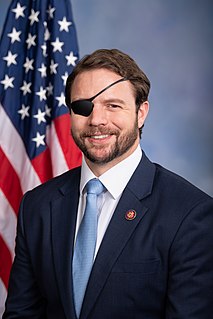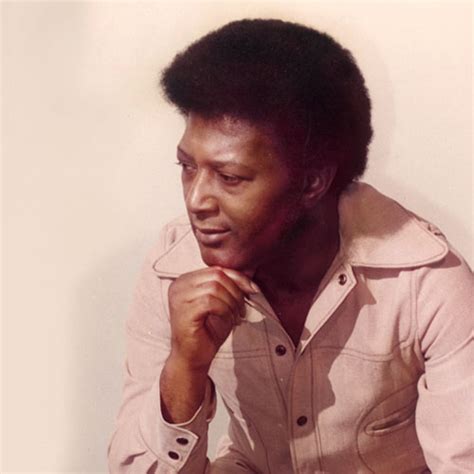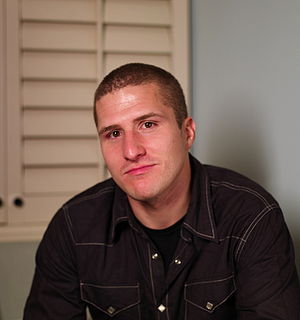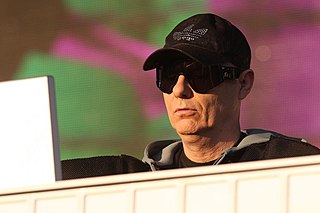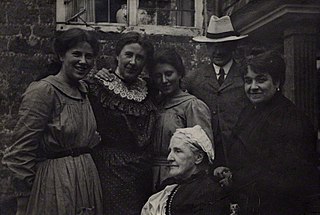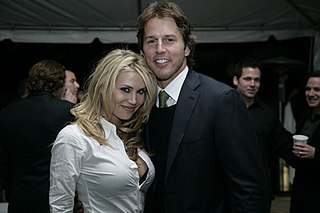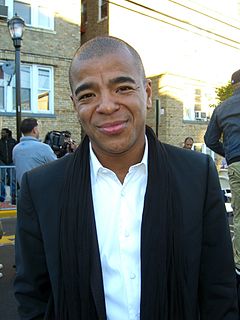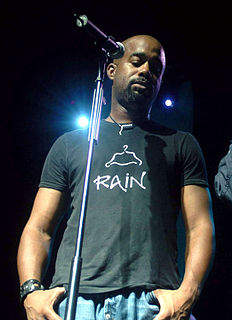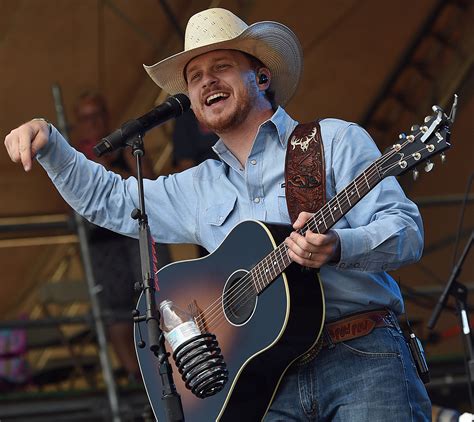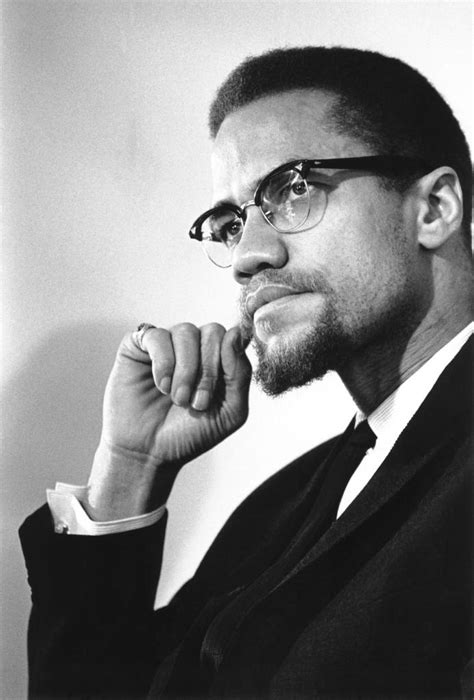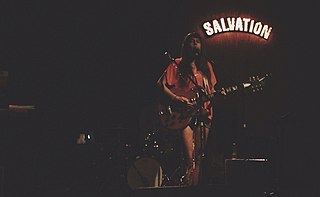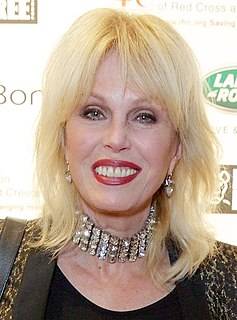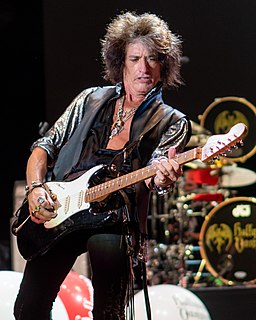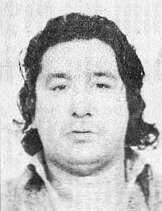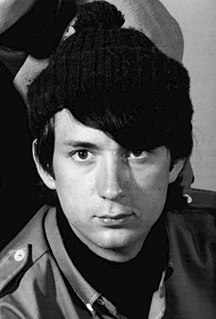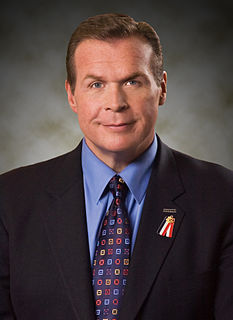Top 1200 Record Labels Quotes & Sayings - Page 15
Explore popular Record Labels quotes.
Last updated on November 5, 2024.
The reason for backing tracks is to not veer off too far from the record and have what the fans actually want to hear. Artists use backing tracks just so they can stay close to the record and what the consumer heard for the first time. It's not to be confused with lip synching or anything like that cos that's not happening at all.
The thing is that I have a really intense, almost compulsive need to record. But it doesn't end there, because what I record is somehow transformed into a creative thing. There is a continuity. Recording is the beginning of a conceptual production. I am somehow collapsing the two - recording and producing - into a single event.
The 1996 welfare reform law, for the first time, connected welfare benefits with an expectation that recipients would work or participate in training. That work requirement led to record increases in employment and earnings and a record decrease in poverty and welfare dependence after it was enacted.
All I can focus on right now is playing that record as best we can each night on stage, and that every article or radio spot that I do gives the best depiction of what we're trying to say with this record. The next door will open when it's time to open, and hopefully I'll be lead into the right one.
It's a battle between record company, between producer and between mastering engineer. Because the louder you make your record in a digital process, the more dynamics are squished out of it. Nobody knows exactly what happens, but the dynamics in the performance disappear, and everything is at the same volume.
The spirit of Burzum never changed, but my ability to make music changed dramatically when I was imprisoned. It is more or less impossible to record music in prison, and the only music I could record was electronic music, when I was allowed to have a synthesizer for a few months in 1994 or 1995 and in 1998.
I remember 'The Shepherd's Dog' record being not necessarily a political record, but a reaction to socio-political situations in America. And it didn't manifest itself as protest or propaganda songs, but there's a lot of surreal imagery that was born out of really me being surprised Bush got re-elected in '04.
